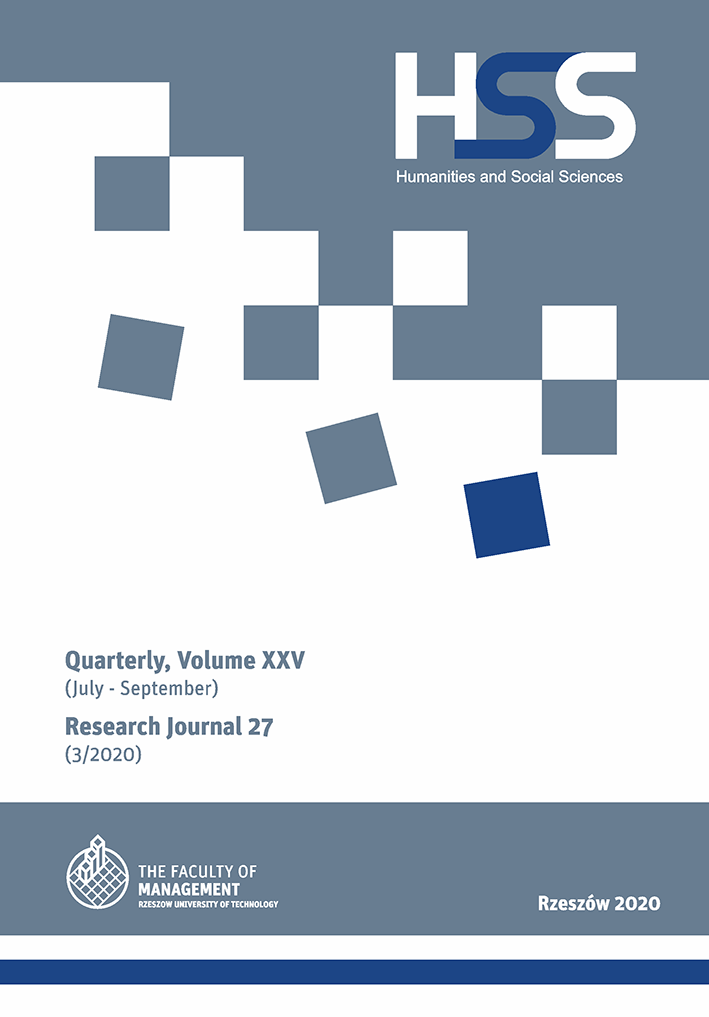Abstrakt
This article deals with the possible search for a solution to the “power-knowledge” dilemma in the context of the formation of a civil society in Ukraine. The articles examines the causes and the need for carrying out constructive reforms in education, in order to overcome the alienated nature of the power-to-education relationship. The problem is viewed alongside current research on reforming national education, including by contemporary theorists of educational philosophy such as Jose Ortego-i-Gasset, Marek Queck, Andy Greene, Karl Popper, and Paulo Freire. We argue that it is the critical consciousness in the field of pedagogical activity that shapes the creative approach to modern education and science. In the Ukraine, it is possible to obtain positive results in educational reform through the democratization of educational activity. Only through overcoming the contradiction of “power-knowledge” – and other forms of alienation of education from power can one gain a positive constructive in the field of educational activity.
Bibliografia
Derrida, J. (2002). The law of sufficient grounds: University through the eyes of yoga followers [The idea of the University: Anthology, ed. by: M. Zubrytska, H. Babalik, Z. Rybchynska]. Lviv: Litopys.
Freire, P. (2003). Formation of critical consciousness [transl. from English by O. Demyanchuk]. Kyiv: Yunivers.
—— (2003). Pedagogy of the oppressed. Kyiv: Yunivers.
Kwiek, M. (2002). Nation-state, globalization and the university as a modern institution [The idea of the University: Anthology, ed. by: M. Zubrytska, H. Babalik, Z. Rybchynska]. Lviv: Litopys.
Ortego-i-Gasset, J. (2002). Mission of the University [The idea of the University: Anthology, ed. by: M. Zubrytska, H. Babalik, Z. Rybchynska]. Lviv: Litopys.
Popper, K. (1994). Open society and its enemies. Kyiv, Vol. 1.
Scott, P. (2001). Higher Education Reform in Central and Eastern Europe: An Analysis Attempt. Bulletin of the Higher School. Moscow.
Sheiko, S.V. (2005). National and civic principles of reforming modern higher education in Ukraine. Higher Education of Ukraine, 3 (7). Kyiv: Institute of Higher Education of the Academy of Pedagogical Sciences of Ukraine.
Sheiko, S.V., Kolodii, O.S. (2018). Philosophical and educational foundations of the personality development of the higher school teacher in the 21st century. Management of the 21st century: globalization challenges [monograph].
Tancher, V. (2006). Social knowledge and power: contradictory interdependence [Values of civil society and moral choice: Ukrainian experience]. Кyiv: Etna-1.


